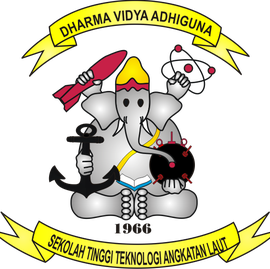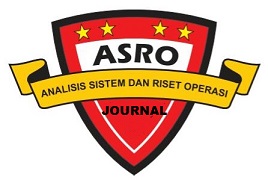CONCEPTUAL MODEL OF THE INFLUENCE OF BORDER CULTURE ON MARITIME POLICY AND THEIR IMPACT ON NATIONAL DEFENSE
Abstract
Historical facts show that in their heyday, the kingdoms in the archipelago such as Majapahit and Sriwijaya were maritime kingdoms with enormous power. With the ability to project their military power on and through the media of the sea, the two great empires were able to control the entire archipelago and even abroad. Although the government has declared Indonesia as the world's maritime axis, in its implementation there are several obstacles and among them are related to the culture of border communities who still do things that are contrary to the laws and regulations in Indonesia. The object of the research in this study is focused on the culture of the Indonesian people who are on the border area of Indonesia and the Philippines in the province of North Sulawesi, which has hundreds of years and for generations, has a relationship with the Filipinos. So that by examining the variables related to the culture of border communities, it will be possible to determine the best maritime policy that can have positive implications for Indonesia's national security. This study aims to obtain a conceptual model that can present the cultural influence of border communities on the Indonesian government's maritime policy and its implications for Indonesia's national security, this model is needed as a basis for determining maritime policies that can have positive implications for strengthening Indonesia's national security. The conceptual model and framework are based on quantitative descriptive analysis method by describing the relationship between the variables and the indicators of each variable. The results of the study show that there is a significant influence between X1 (social culture of border communities) and Y1 (Maritime Policy), there is no significant effect between X2 (Economic activities of border communities) and Y1.
Keywords: Social culture, economic activity, illegal activities, maritime policy, national security.












